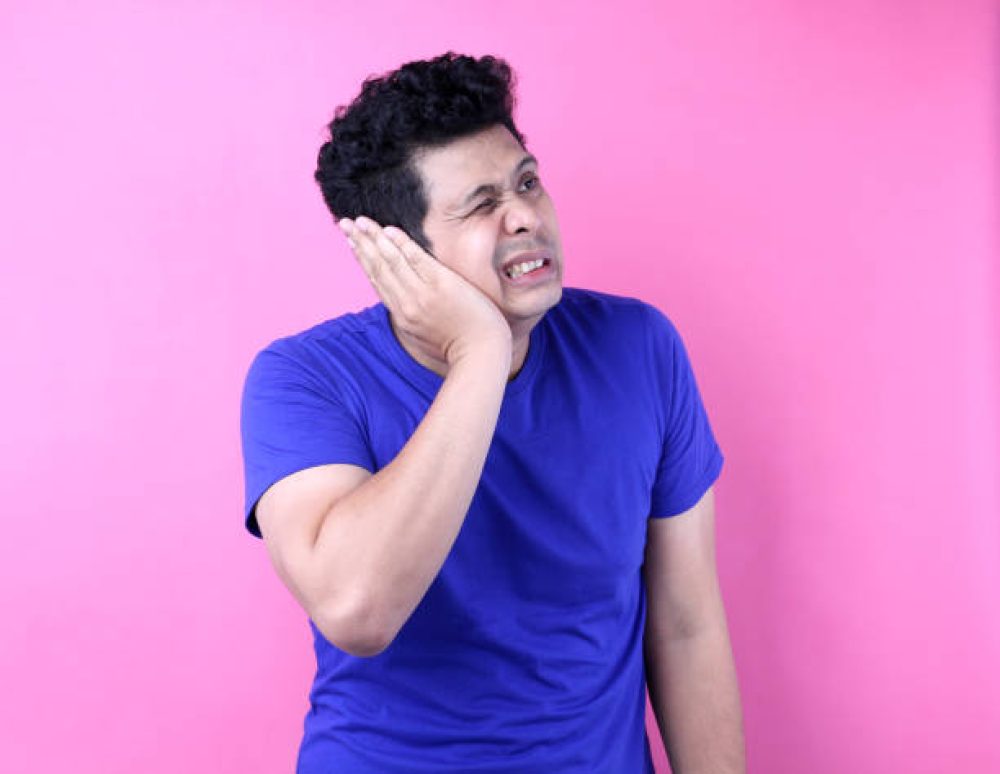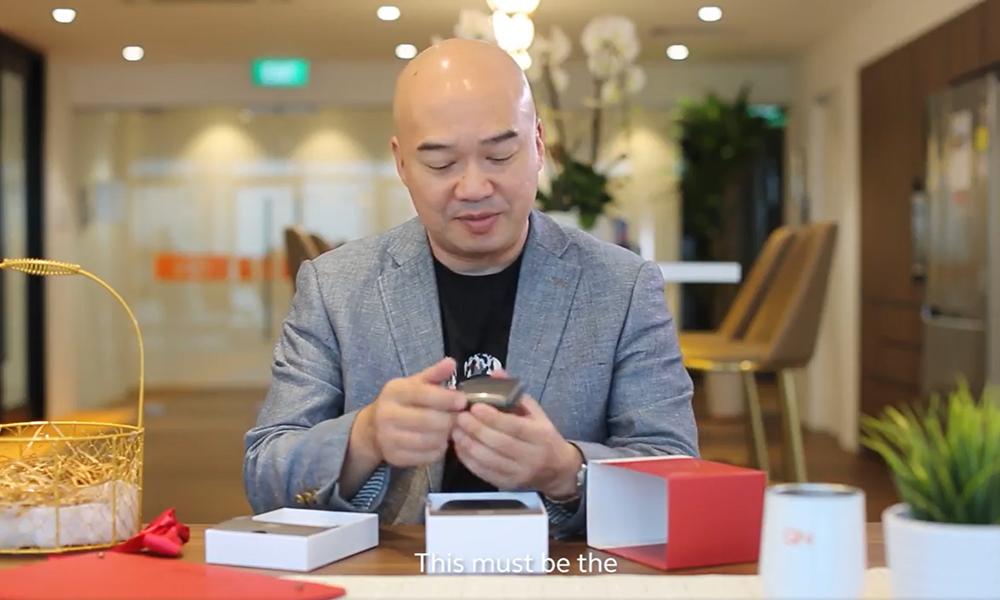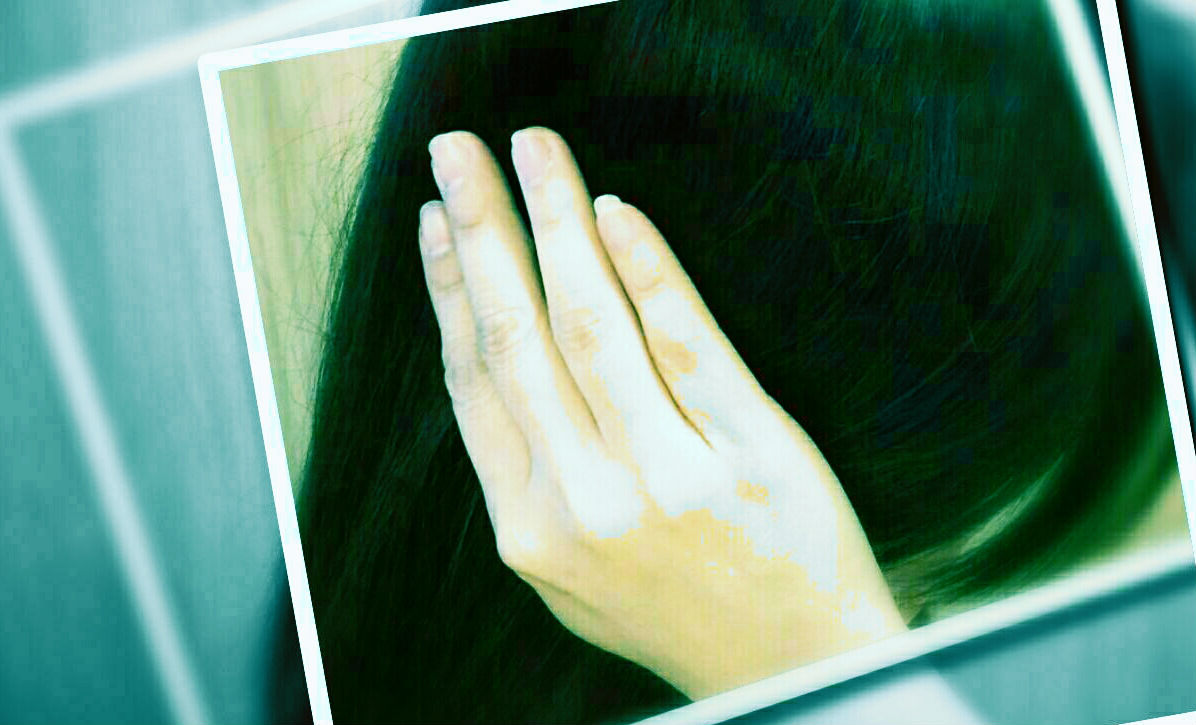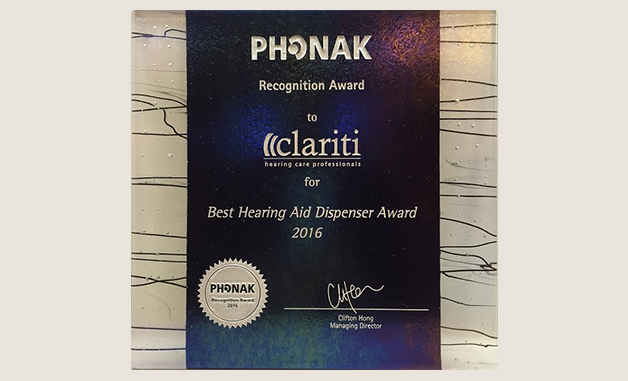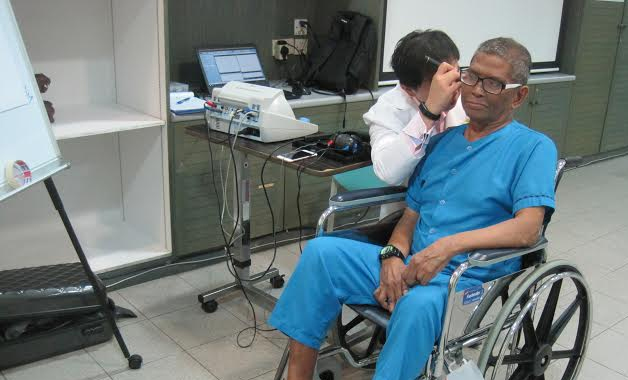Hearing aids and tinnitus
You may have heard of tinnitus, it’s a global problem. Tinnitus is a ringing in your ear, or ears,
that may last for a few minutes, or for some time. Tinnitus is generally not that serious but it can add stress to your life so if you, or your loved ones, find there is sometimes some ringing in your ears then the best thing you can do is get your hearing checked by a good, professional hearing
consultant, like Clariti.
Jingle Bells
Tinnitus affects more than 740 million adults globally and is perceived as a major problem by
more than 120 million people, mostly aged 65 years or older. A recent scientific study in Jama Neurology estimated that the annual incidence of any adults experiencing tinnitus is 14 percent with 2 percent experiencing it severely. The prevalence of tinnitus was the same for men and women but increased with increasing age with tinnitus being present in 10 percent of young adults, 14 percent of middle-aged adults, and 24 percent of older adults. So, whatever age you are, it doesn’t need to be Christmas time for you to start hearing jingle bells.
Sounds like tinnitus
Most people who have tinnitus have subjective tinnitus, or tinnitus that only you can hear. Tinnitus can be present all the time, or it may come and go. The noises of tinnitus may vary in pitch and you may hear it in one or both ears. Different types of tinnitus sounds include clicking,
buzzing, hissing, humming, roaring and low- and high-pitched ringing in your ear. High-pitched ringing is the most common form of tinnitus sound and may be the result of exposure to loud noise, underlying medical conditions, or hearing loss. Tinnitus can result in fatigue, memory
loss, headaches, anxiety and depression that may lead work and family problems.
Causes of tinnitus
It’s not always clear what causes tinnitus but it may be due to some form of hearing loss. Ear wax, or ear infection, can cause blockages that change the pressure in your ear causing tinnitus. Head or neck injuries can affect hearing nerves and a number of pharmaceuticals may cause or worsen tinnitus, including some antibiotics and antidepressants. Meniere's disease, an inner ear disorder that may be caused by abnormal inner ear fluid pressure, problems with your eustachian tubes, ear bone changes or conditions that affect your blood vessels, can cause
tinnitus, or make tinnitus more noticeable. Underlying chronic conditions such as diabetes,
thyroid problems, migraines, anemia, and rheumatoid arthritis have all been associated with tinnitus. So when you, or your loved one, start experiencing tinnitus it’s a good idea to go and
see a healthcare professional.
Treating your tinnitus
Depending on the cause of your tinnitus there are several ways that you can get professional
treatment. The first way may be to remove any earwax that may have built up and be causing
you problems. If it’s a chronic disease underlying conditions will require medication, or changing medication, from your GP. If hearing loss is causing your tinnitus then it’s best to see a good, professional hearing consultant, like Clariti. We will check your hearing for free and be able to diagnose your hearing loss and suggest a suitable hearing aid to stop your tinnitus, restore your hearing and your quality of life.
If you, or your loved ones are hearing jingle bells, or any sounds in your ears, then don’t leave it until Christmas before you get some good hearing care advice from a professional. Our hearing consultants at Clariti are happy to discuss your tinnitus, give you a free hearing test and, if necessary, we will help you choose a suitable hearing aid from our range of premium hearing
aid brands. Stop the ringing in your ears, just give us a ring at Clariti.

